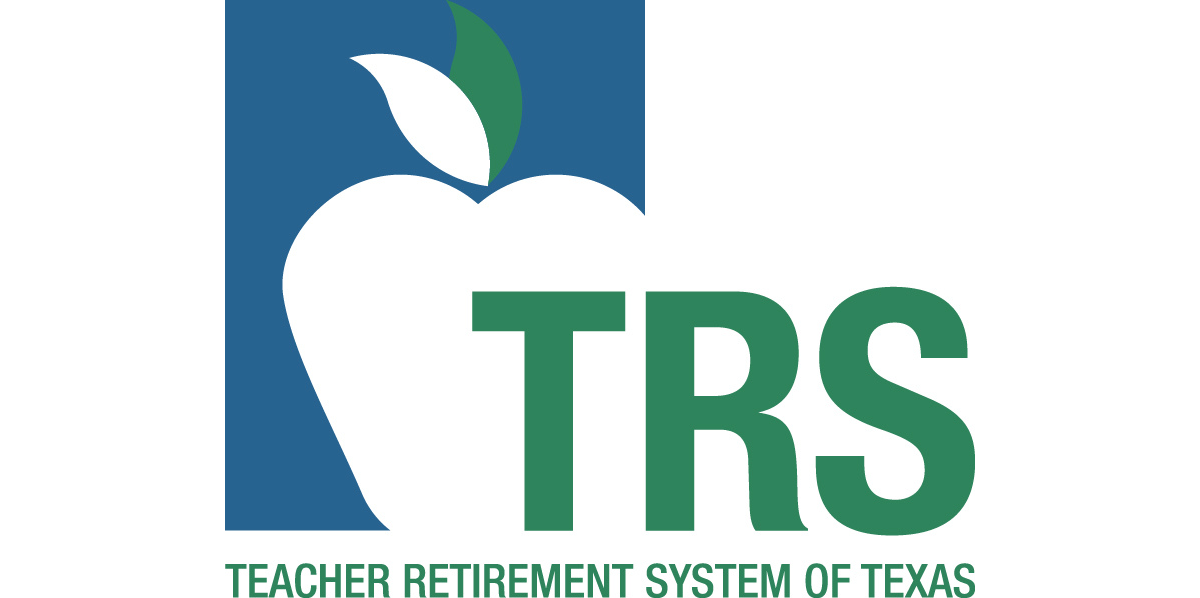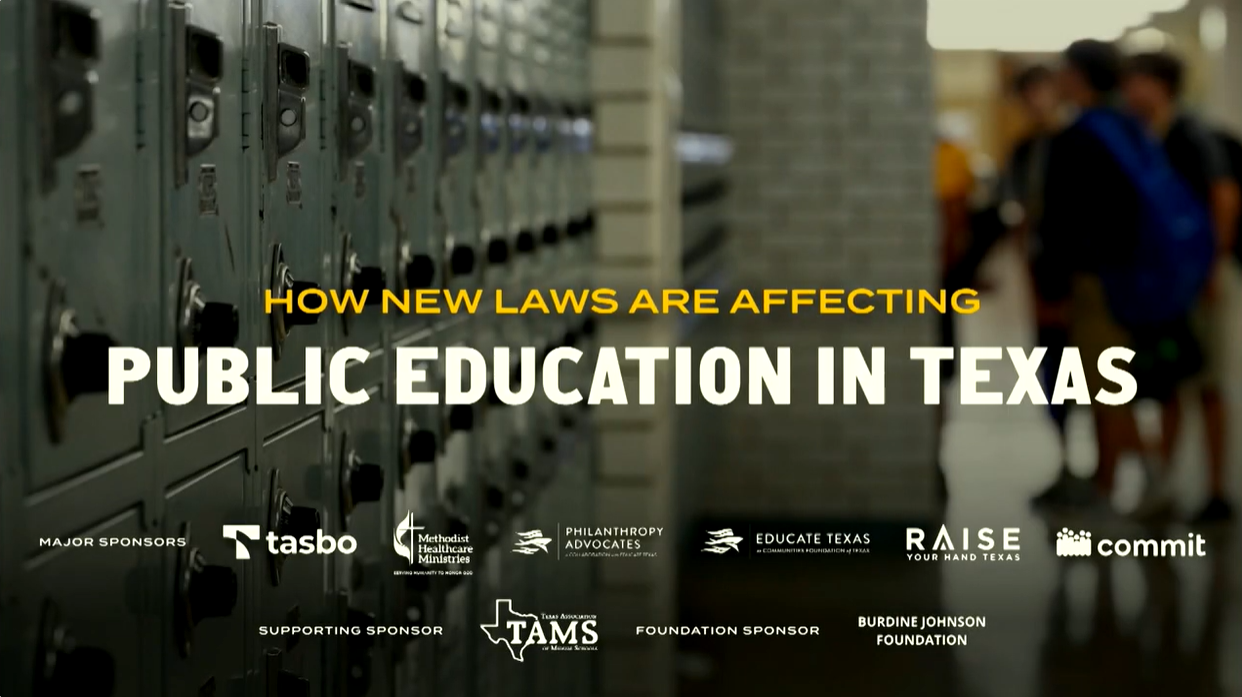ATPE shares input on draft Texas state ESSA plan

Congress | Federal TEA | Commissioner | SBOE
Date Posted: 8/24/2017
Earlier today, ATPE submitted the following formal input to the Texas Education Agency (TEA) on its draft state plan for compliance with the federal Every Student Succeeds Act (ESSA). The agency is accepting input from stakeholders until Aug. 29, 2017.
 ATPE Input on the Texas ESSA Draft Plan August 24, 2017
ATPE Input on the Texas ESSA Draft Plan August 24, 2017
The Association of Texas Professional Educators (ATPE) appreciates this opportunity to offer the following input on the draft Texas plan to implement new federal requirements under the Elementary and Secondary Education Act of 1965 (ESEA), as amended by the Every Student Succeeds Act (ESSA). ATPE remained actively engaged at the federal level as Congress worked to reauthorize ESEA and the U.S. Department of Education (ED) worked to develop, alter, and, in some cases, omit associated rules and regulations. Over the course of a series of comments submitted to both Congress and ED, ATPE weighed in on various aspects of the law, including strengthening the teaching pipeline, avoiding overly simplistic and stigmatizing summative school ratings, promoting innovative assessment strategies, ceasing the overreliance on standardized testing, and addressing the role of the federal government in K– 12 accountability and testing. While the final rewrite of the law is not perfect, ATPE is pleased that ESSA omitted outdated and onerous policies required by the previous version of the law (as amended by the No Child Left Behind Act), ended the failed policies forced through waivers under the previous administration, and restored more control at the state and local level while maintaining many necessary protections at the federal level.
Accountability and Assessments
ATPE acknowledges that the 85th Texas Legislature, as well as previous legislatures, implemented state laws pertaining to accountability and assessments that constrain portions of the Texas Education Agency’s (TEA) draft plan to satisfy federal requirements under ESSA. We hope that future legislatures will be more thoughtful in providing innovative approaches to accountability and assessments at the state level, giving TEA more latitude to take advantage of changes at the federal level. In the meantime, ATPE encourages TEA to take advantage of all opportunities to make meaningful change through funding provided at the federal level.
One promising new opportunity is the innovative assessment pilot available to states and districts. We encourage TEA to consider opportunities for pursuing this funding and to support any districts that show promise and interest in making a lasting impact on the manner in which student performance is assessed in this state. The current system of over-testing that has sparked nationwide backlash in recent years originated in Texas; our state has the opportunity once again to impact the way we assess student progress in schools throughout the country—this time in a more positive and formative way.
State Long-term Goals
ATPE appreciates the move under ESSA to eliminate Adequate Yearly Progress (AYP), instead allowing states to establish their own ambitious, long-term goals. We also agree with TEA’s decision to align goals under ESSA with rigorous goals already set by the state; in this case, aligning them with the state’s 60X30 plan to have 60 percent of high school graduates completing some form of post-secondary credential by 2030. Setting the state’s long-term goals under ESSA at 90 percent of all students and all student subgroups at the “Approaches Grade Level” performance target by 2032 is a reasonable approach, and holding all students to the same standard and high aspirational goal focuses on ensuring that all students get the same access to a great public education.
However, while the plan sets the same high standards for all students and all student subgroup populations, it falls short of identifying specific strategies for educators working with certain subgroups most in need of support. For example, the chart in Appendix A shows that students in special education programs are currently meeting the Approaching Grade Level target at rates of 35 percent in reading and 42 percent in math. English Language Learner students are currently at 51 percent in reading. Both subgroups face a significantly larger gap to overcome than other subgroups on which the state collects data. Long-term, ambitious goals are important, but they must be accompanied with targeted strategies for meeting those goals, especially when current data shows that achieving those goals will be significantly more difficult for certain student populations.
School Quality Indicator
ATPE appreciates that the school quality indicator for high school students uses something other than state standardized assessments to measure school quality. However, the indicators are still heavily focused on testing, and non-high schools are still measured based on standardized testing in math and reading. ESSA specifically outlines the option for states to utilize something other than assessments, among them identifying school climate as an option. ATPE has long advocated for the addition of a school climate study in Texas or a measure of school climate as an indicator in our accountability system. This is a great opportunity for Texas to gain a better understanding of how school climate looks across the state, which affects student learning. We encourage TEA to consider the inclusion of school climate as a measure of school quality under the final ESSA school quality indicator.
Educator Training and Support
ATPE has made educator training and preparation a primary focus of our advocacy efforts. We recognize that Texas does a disservice to educators by placing ill-prepared educators in the 21st century classroom and expecting them to achieve excellence. We appreciate that recent efforts by the State Board for Educator Certification (SBEC) and TEA have resulted in some positive outcomes to raise standards for educator preparation programs and certification requirements, and that the agency identifies educator preparation as an ongoing focus under the state ESSA plan.
As noted in the draft state plan, educator training and ongoing support play a vital role in ensuring every student has access to a well-prepared, productive educator. As the state moves forward on this front, ATPE will continue to advocate for efforts to raise standards in a fair, meaningful, and reliable way, and we encourage TEA to do the same as it remains focused on related ongoing efforts identified under the ESSA plan.
Additional Input
A piece of ESSA that is not addressed by the ED template for submitting a state plan involves federal requirements for state and local report cards. A positive outcome of ESSA was the requirement to calculate and report publically per-pupil spending and educator qualifications. The new law requires that TEA develop ways to calculate federal, state, and local per-pupil expenditures, including a means for districts to calculate individual school-level per-pupil expenditures. State and local report cards must also include the number and percentages of inexperienced educators, teachers teaching with emergency and provisional credentials, and out-of-field teachers. ATPE is interested in how this piece will be implemented and asks that TEA seek the input of stakeholders as they work to determine this federal requirement.
CONVERSATION
RECOMMENDED FOR YOU

04/18/2024
5th Circuit Court denies rehearing in publishers’ Texas library book lawsuit
Author of HB 900 urges Paxton to appeal to the U.S. Supreme Court.

04/17/2024
TRS board to consider lowering TRS-Care Medicare Advantage premiums
Increased legislative funding, federal changes mean TRS is positioned to pass on savings to plan participants.

04/16/2024
Texas Tribune hosts panel on the impact of new legislation on Texas public education
The hourlong conversation focused primarily on the need for and impact of three pieces of legislation passed in 2023.

